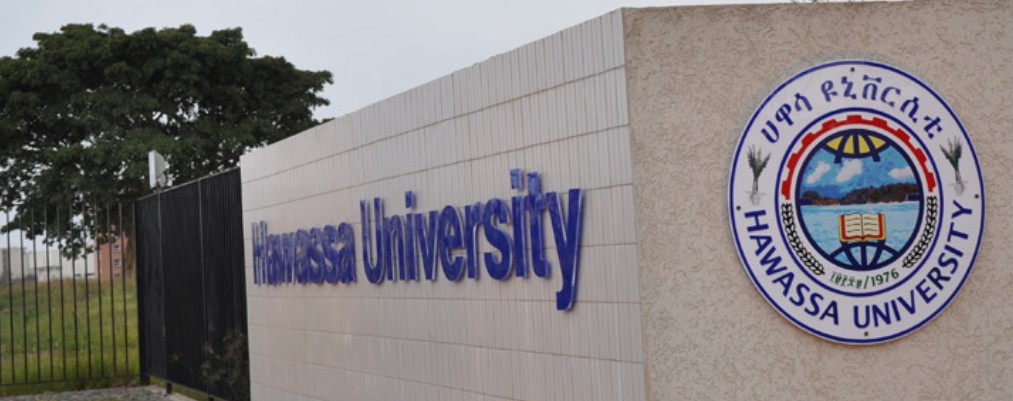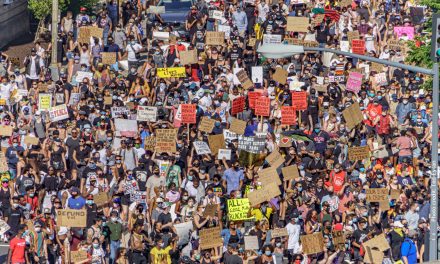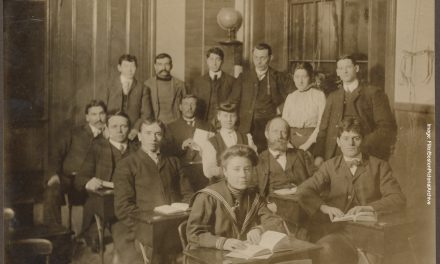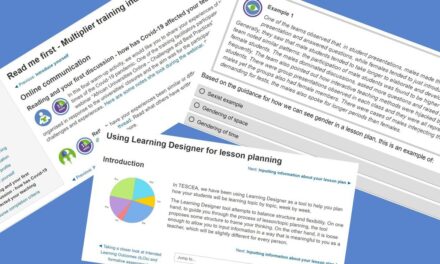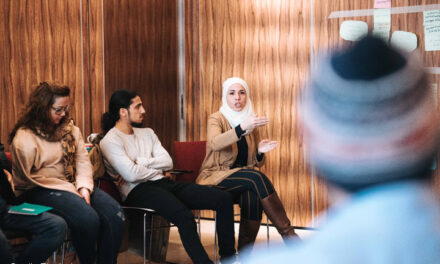This article was written by Dr. Fikrewold Yeneneh, Assistant Professor, School of Governance and Development Studies, Hawassa University, Ethiopia.
Before the political change in Ethiopia in 2018, when political upheavals and recurring conflicts intensified throughout the country, a number of public universities in the country were exposed to violent clashes. These clashes resulted in the loss of life and the destruction of property, and the teaching, learning and research functions of many public universities in the country have been repeatedly disrupted. In addition, these clashes have weakened the social bonds among students and have made our universities more vulnerable to conflicts, evident in the increased frequency of violent incidences that are occurring in universities across the country. This security threat is so serious that the federal government decided that all public universities should be guarded by the federal police and the army. Accordingly, the federal police have now been stationed in all public universities.
Hawassa University, where I am an Assistant Professor in the School of Governance and Development Studies, is one of these public universities. It is situated in Southern Ethiopia in Sidama National Regional State and has an enrolment of about 40,000 students. Before 2019, Hawassa University was under the administrative region known as the South Nations and Nationalities Regional State, but following years of conflict and active campaigning for regional statehood, in which young people played a significant role, this region has been divided into four separate regions along ethnic lines, following different groups’ quest for self-administration.
In view of the prevailing conflict environment in public universities, intervening in peacebuilding has become a practical imperative for our university. In addition to helping stem conflicts with police involvement, we believe that universities, through their teaching, research and community service mandates, can make an important contribution to conflict resolution and the improvement of the conflict situations on their campus by helping their students to become effective peacemakers.
In this respect, Hawassa University, in collaboration with international organisations (including the EU and the British Council in our Enabling University Peace Education project, and activities supported by USAID), has focused on three main interventions that enhance the capacity of the students and enable them to take up an active role in peacebuilding activities, within the university as well as in their respective communities. It is these practical steps taken by our university to promote peace in difficult conflict-affected circumstances that I focus on in this article.
- Strengthening the peacebuilding role of student clubs
To rebuild the social bonds among students and facilitate a constructive dialogue for peace, we have strengthened and empowered our student clubs. The five main student clubs at our university (two of which are women’s clubs) have been given more resources for their activities and their student leaders provided with leadership training.
We also supported the clubs to host events on the theme of peace values within the university, including dialogues and debates on the role of youth in conflict prevention and peacebuilding, in which over 1,000 students have participated to date. Through these events, we have enabled the student clubs to provide institution-wide platforms for mainstreaming a culture of peace in students’ social lives. The positive impact this has had is evident in the students’ increasing participation and their eagerness to host even more of these events. Moreover, we have observed a growing commitment among our students to support others who are adversely affected by violent conflicts. For instance, one of the clubs hosted an event to welcome displaced students from the universities in the Tigray region, which have been devasted by conflict, with the aim of demonstrating their compassion and empathy.
- Providing peace education courses
To enhance the capacity of the students’ peacebuilding role, we have provided training to nearly 350 students on conflict management, conflict resolution and peace values, particularly aimed at club leaders and those who are active in student affairs. Half of the trainees are female students. The training has spurred the students on to increased civic activism on issues pertaining to peacebuilding. Notably, under their own initiative, they established a peace club, which is the first of its kind in the University.
- Communicating a culture of peace
To integrate a culture of peace within the social fabric of our diverse study body, a billboard that reflects the value of peace has been mounted at each of the four different campuses of Hawassa University. In addition, brochures that promote democratic and peace values have been distributed to 4,000 students. As a more permanent and visible reminder of the ideation of peace and peace values among students, and to provide a space where students can meet in groups to discuss and enforce positivity and peace, we established a peace park on the main campus of Hawassa University.
Hawassa University’s peacebuilding initiatives and the results achieved so far are showing us that we can facilitate students to become better agents of peace through establishing, in collaboration with them, the spaces to discuss and debate peace, by providing good quality capacity-building interventions that enhance their conflict analysis, conflict management and critical thinking skills, and by mainstreaming a visible culture of peace in our institution. However, this does not mean that the activities that we have conducted thus far are alone sufficient to enable students to be as effective as peace agents as they could be. Looking to the future, we believe we could do more:
Firstly, our capacity-building interventions have to encompass many more students. To date, the peace education courses have reached less than 1,000 students, that is one 40th of the university’s 40,000 students.
Secondly, we need to facilitate activities that link the students and communities in future interventions. Thus far, students’ peace initiatives have not extended beyond the walls of the university campus, constraining their peacebuilding impact and visibility as peace agents within wider society.
Thirdly, to enhance the effectiveness of students’ peacebuilding role, the university should extend its future capacity-building interventions to within the local communities in which students undertake their peacebuilding activities. To this end, the university should conduct more peace research to understand in more depth their local contexts. Our Enabling University Peace Education Project is supporting these three ambitions by enabling us to develop and offer peace education training to many more students of all disciplines, form local community partnerships for peace and by funding eight new context-relevant research projects.
We suggest that our experiences at Hawassa University can contribute to the learning about how universities in conflict-affected settings can play a positive role in peacebuilding. We would welcome further contact with other universities that are interested in sharing and exchanging learning and knowledge of peace education journeys and our efforts to make a difference in the peacebuilding processes in our societies.
This article was supported by ‘Enabling University Peace Education’, a three-year project funded by the EU and British Council with the aim of improving the participation of young people, particularly women, in peacebuilding activities in Sudan and Ethiopia. It is one of a series of articles ‘Telling our story’ which share the experiences and learning of our partner universities with a focus on one or more of the project’s main thematic areas. Through these articles, we hope to highlight to the wider higher education sector, communities and policymakers the important role that universities can play in peace education, and to encourage more universities to enable young people in and outside their institutions to participate in peacebuilding. You can learn more about the EUPE project here.

